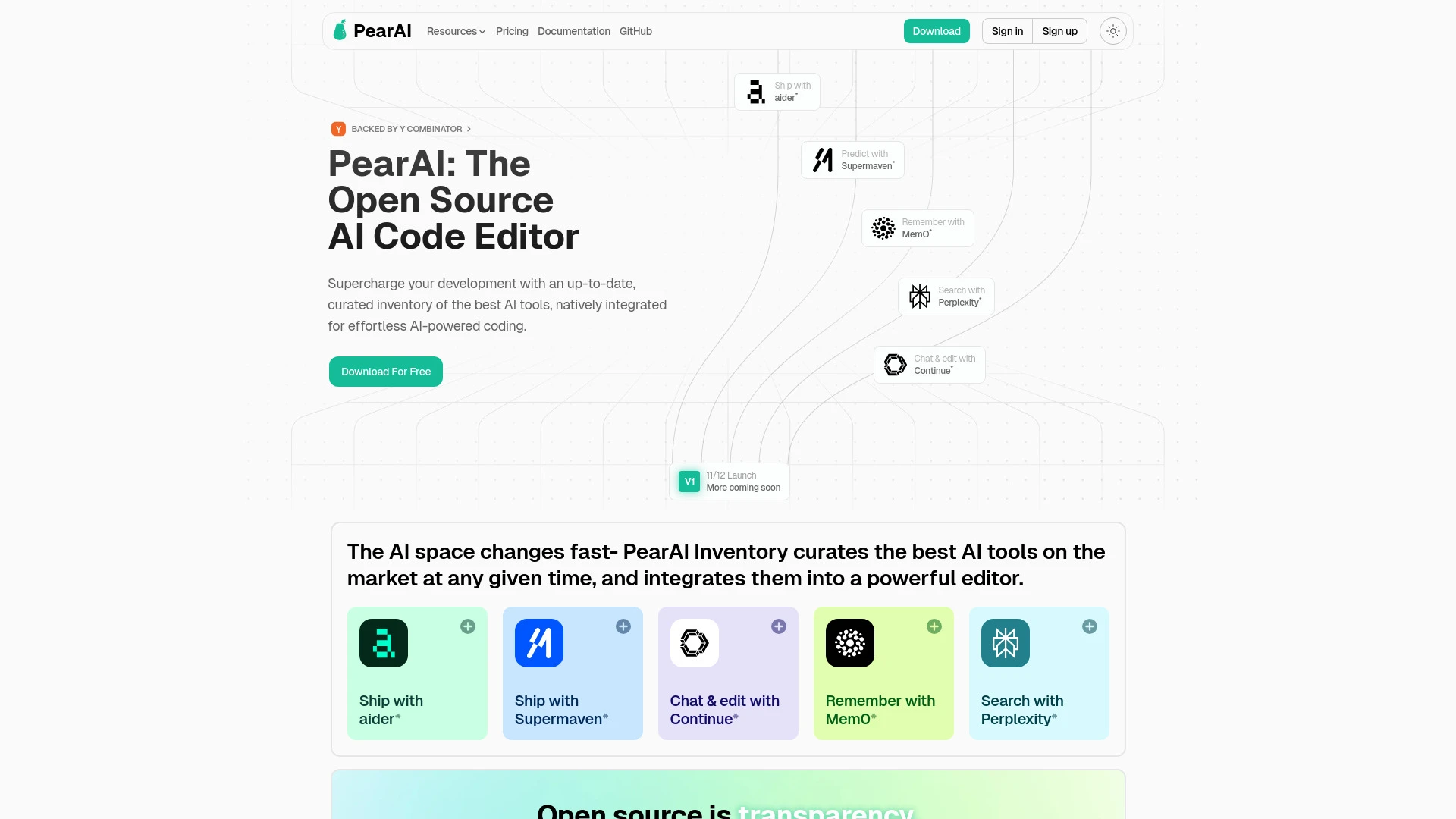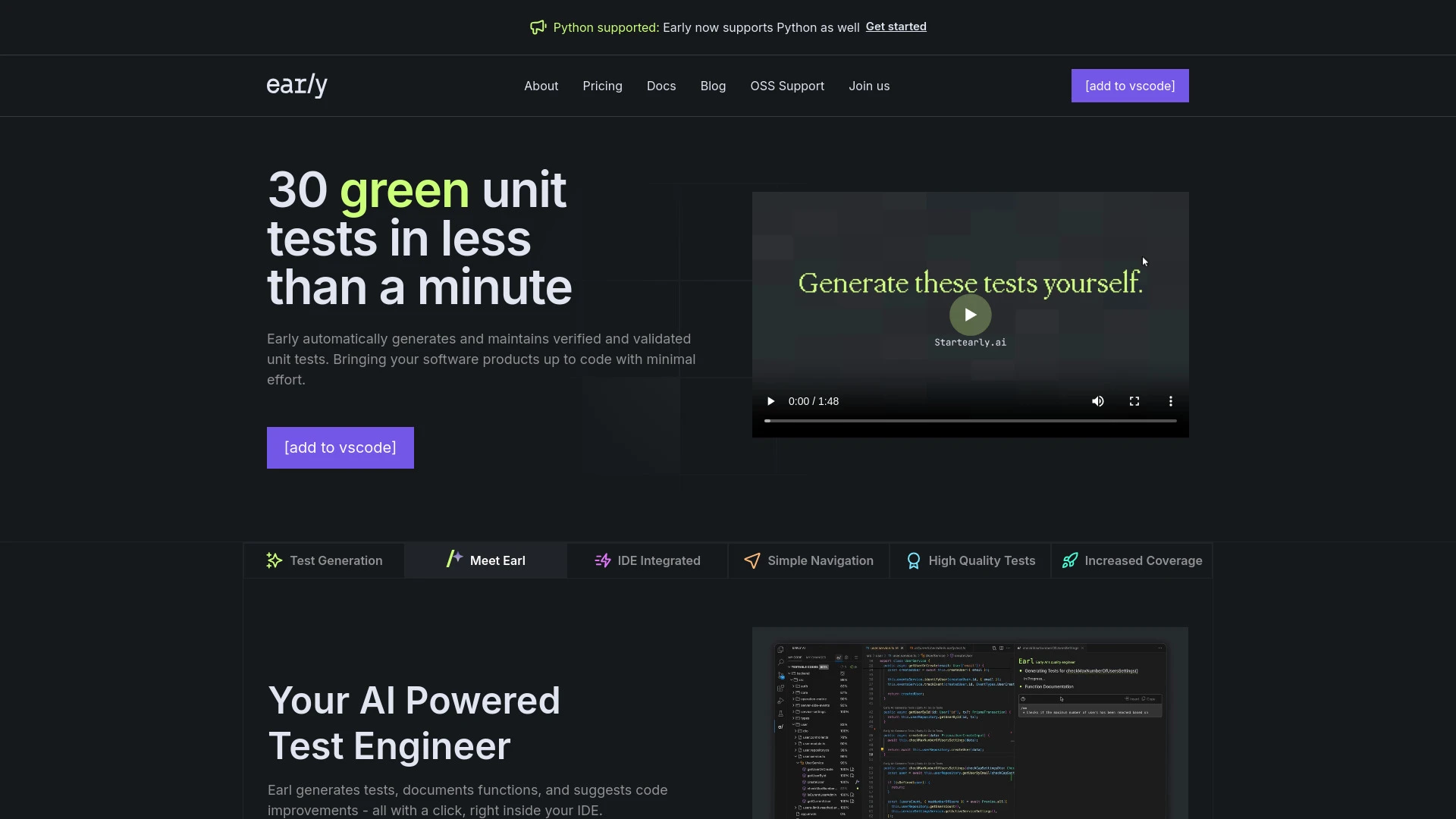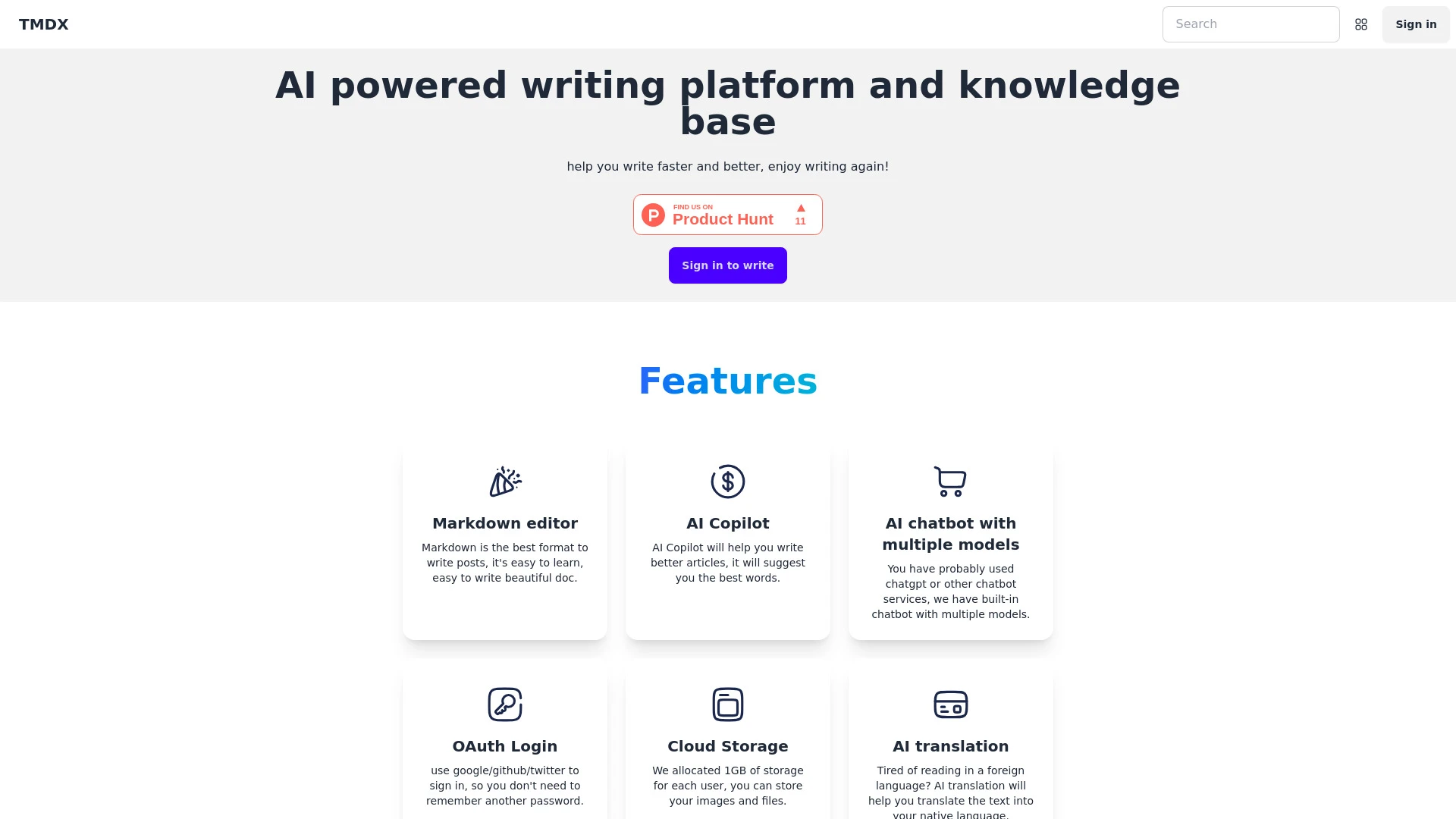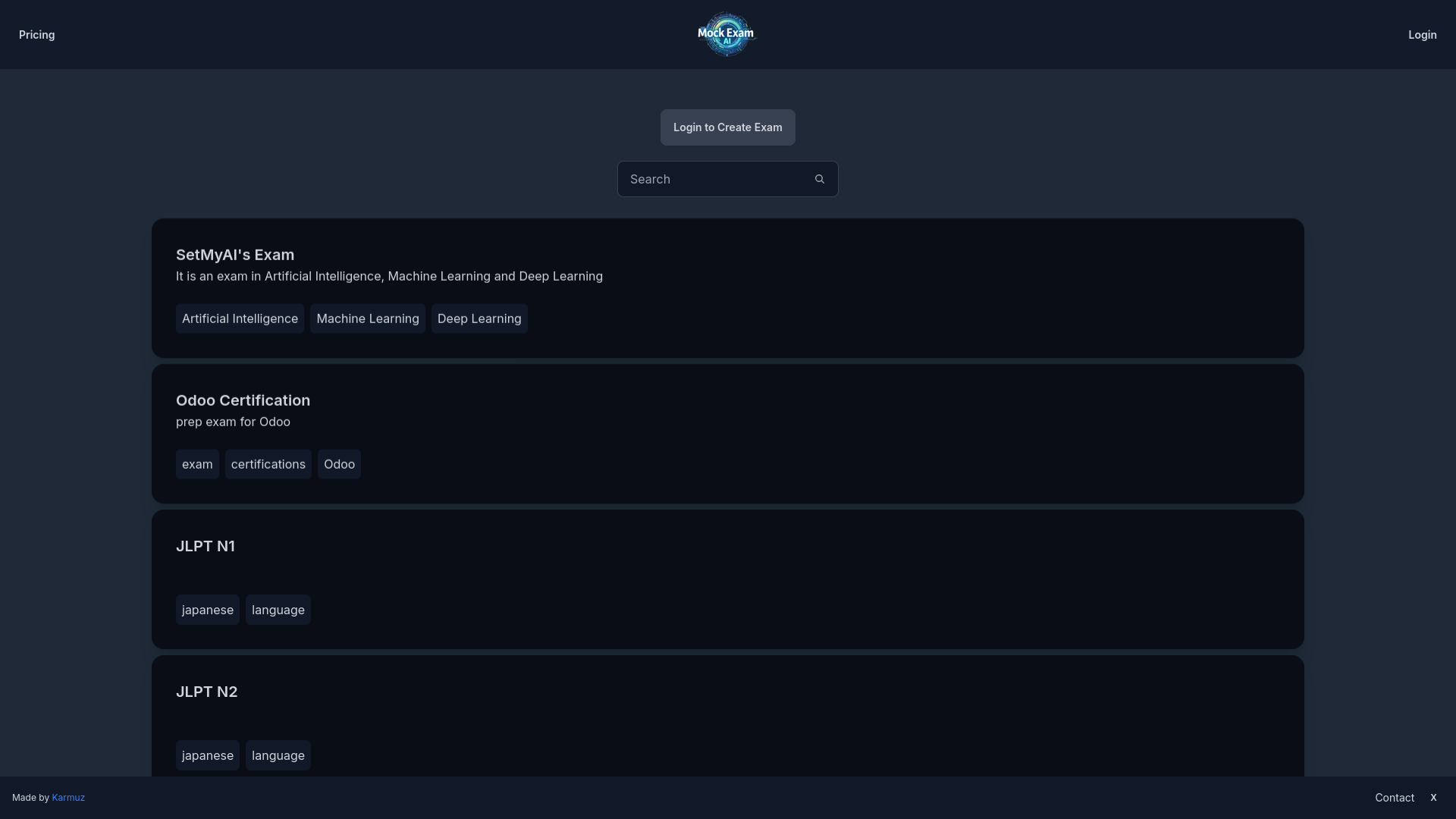AI Book Writing
AI Book Writing leverages machine learning to assist authors in crafting narratives, generating ideas, and editing. Tools like OpenAI's ChatGPT can create plot outlines or dialogue, enhancing creativity. Benefits include faster content production and cost-effectiveness. However, challenges include maintaining originality and the risk of over-reliance on technology, potentially diluting the author’s voice.
Primary AI
Most Commonly Used Task
Core Features
Natural language understanding
Automated content generation
Customizable writing styles
Grammar and style checking
Interactive brainstorming assistance
Real-time collaboration tools
Use Cases
Content generation for fiction and non-fiction
Editing and proofreading assistance
Idea brainstorming and structuring
Language translation and localization
Personalized writing coaching
Summarization of existing texts
Most Helpful AI's
Primary Tasks For AI Book Writing
| # | Task | Popularity | Impact | Follow |
|---|---|---|---|---|
| 1 |
📖✍️
Book writing |
50% Popular
|
72%
|
|
| 2 |
📝
Writing |
50% Popular
|
78%
|
|
| 3 |
📚
Book recommendations |
50% Popular
|
85%
|
|
| 4 |
📖
Story writing |
50% Popular
|
76%
|
|
| 5 |
✍️
Article writing |
50% Popular
|
75%
|
|
| 6 |
🎬
Scriptwriting |
50% Popular
|
76%
|
|
| 7 |
📚
Academic writing |
50% Popular
|
75%
|
|
| 8 |
🎮
Game creation |
50% Popular
|
78%
|
|
| 9 |
📝
Essay writing |
50% Popular
|
85%
|
|
| 10 |
📧
Email writing |
100% Popular
|
75%
|
|
| 11 |
📖✨
Interactive storytelling |
50% Popular
|
87%
|
|
| 12 |
📊
Database QA |
0% Popular
|
78%
|
|
| 13 |
🎤
Interview preparation |
50% Popular
|
76%
|
|
| 14 |
🧙♂️
Character creation |
50% Popular
|
78%
|
|
| 15 |
🤖🔍
AI content detection |
0% Popular
|
87%
|




